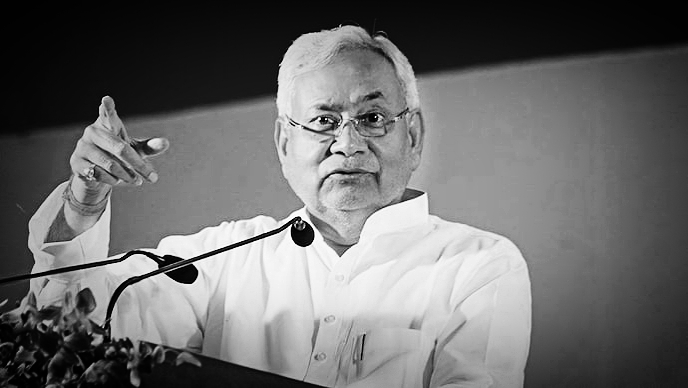In a major welfare announcement with wide-ranging implications for both households and the upcoming elections, Bihar Chief Minister Nitish Kumar on Thursday declared that every household in the state will receive 125 units of electricity free of cost each month, starting from August 1.
The move, revealed via a post on social media platform X, is expected to benefit 1.67 crore domestic consumers across Bihar. “This step is aimed at providing relief and empowerment to the people,” Kumar said, emphasizing the government’s commitment to ease the cost of living for citizens, particularly those from economically weaker sections.
A Political and Welfare Statement
The announcement comes at a politically significant time, just months ahead of state assembly elections. The scheme is being viewed as both a welfare measure and a strategic policy decision to secure voter support. Electricity access and affordability have long been central to Nitish Kumar’s governance narrative, and the latest step reinforces that positioning.
While critics may see the move as populist, government officials and ruling party leaders have framed it as an extension of Kumar’s long-term development goals. “It’s not just about subsidies. It’s about equity, sustainability, and making sure that the poorest households don’t have to choose between power and essentials,” said a senior official in Bihar’s energy department.
Expanding Solar Power: 10,000 MW Target
In addition to the free power scheme, the Chief Minister also laid out a bold roadmap for renewable energy expansion across the state. He announced that Bihar aims to generate 10,000 megawatts (MW) of solar energy over the next three years. This will be achieved through the installation of solar power systems on rooftops and nearby public land, wherever consumers give consent.
The focus on solar energy is part of the state’s larger sustainability and climate strategy. Nitish Kumar emphasized that these efforts are critical to achieving both energy independence and environmental resilience.
Free Solar Panels for the Poorest
Under the existing Kutir Jyoti Yojana, the state will fully fund the installation of solar panels for families classified as extremely poor. Households that do not fall under this category will still be eligible for substantial financial support to make the transition to solar energy more affordable.
This initiative is expected to reduce pressure on the grid, increase energy security in rural areas, and provide a long-term solution to power cuts and outages that still affect parts of the state during peak seasons.
A Consistent Energy Vision
Nitish Kumar has consistently highlighted energy access as a hallmark of his administration. From improving rural electrification to ensuring affordable power tariffs, energy reforms have remained a key focus during his tenure. The latest announcement is not only a continuation of that legacy but a strategic leap toward decentralized renewable energy adoption.
Addressing the media, a top official from the Bihar State Power Holding Company Limited said preparations are already underway for the scheme’s implementation from August. He noted that existing subsidy frameworks and billing software will be upgraded to automatically adjust the free unit allocation for each household.
Ruling Party Hails the Move
Leaders from the ruling Janata Dal (United) lauded the announcement as a transformational step that will directly impact everyday lives. JD(U) MLC Neeraj Kumar called it a “master stroke,” saying the scheme would benefit people across caste, religion, and income brackets.
“When Nitish Kumar came to power, he removed the lantern from the homes of the poor and backward classes. Now he is removing the burden of electricity bills, helping the next generation study without interruption,” Neeraj said.
He also used the occasion to take a sharp swipe at the opposition. “This move will send a 33,000-volt current to those who want to keep Bihar in darkness,” he remarked, referencing the state’s history of under-electrification under previous governments.
What Comes Next
The challenge now lies in implementation. Ensuring that billing systems, consumer awareness, and last-mile delivery are synchronized will be crucial for the scheme’s success. Experts say monitoring mechanisms, grievance redressal, and energy audits must accompany the subsidy for long-term effectiveness.
Nonetheless, the announcement marks a significant policy pivot—one that blends welfare, sustainability, and politics—and positions Bihar as a state actively reimagining its energy future.



